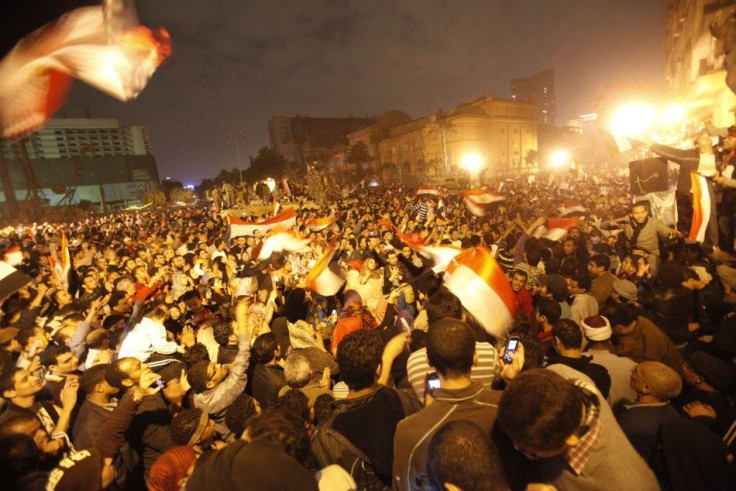Investors didn’t flock to US safe-haven assets during Egyptian crisis

The fact that markets did not witness a rush to buy U.S. dollars and Treasurys during the crisis in Egypt should serve as an ominous warning that investors are increasingly shunning the traditional U.S. safe-havens.
Pimco's co-CEO Mohamed El-Erian told CNBC that since the revolt against Hosni Mubarak erupted in late April, the dollar has changed very little, slumping at first and then eking out a slight gain over the past few trading sessions.
Even worse, Treasuries have sold off dramatically, with the 10-year yield soaring from 3.32 percent on January 25 to 3.71 percent at yesterday’s close.
Typically, geopolitical turmoil sends investors into U.S. dollars and Treasuries, but that hasn’t happened this time.
Had you asked me 19 days ago what happens to the dollar if we have the sort of developments we had, I would have told you the dollar would be stronger, said El-Erian.
With the exception of three days, the dollar has weakened during that period. You are seeing a reassessment of the standing of the US dollar and the US Treasury market has the flight to safety, the flight to quality.
El-Erian commented that this strange scenario suggests that “if we don't get our house in order we will no longer command the global standing in currency and debt markets.
[However], if we get widespread violence in the streets you will get a massive risk-off trade, El-Erian said. You will see equities sold off, oil go up and you will see a Treasury rally. The reason you would see that is people would start extrapolating the geopolitical risk and reassess the Middle East as a whole.
© Copyright IBTimes 2024. All rights reserved.





















